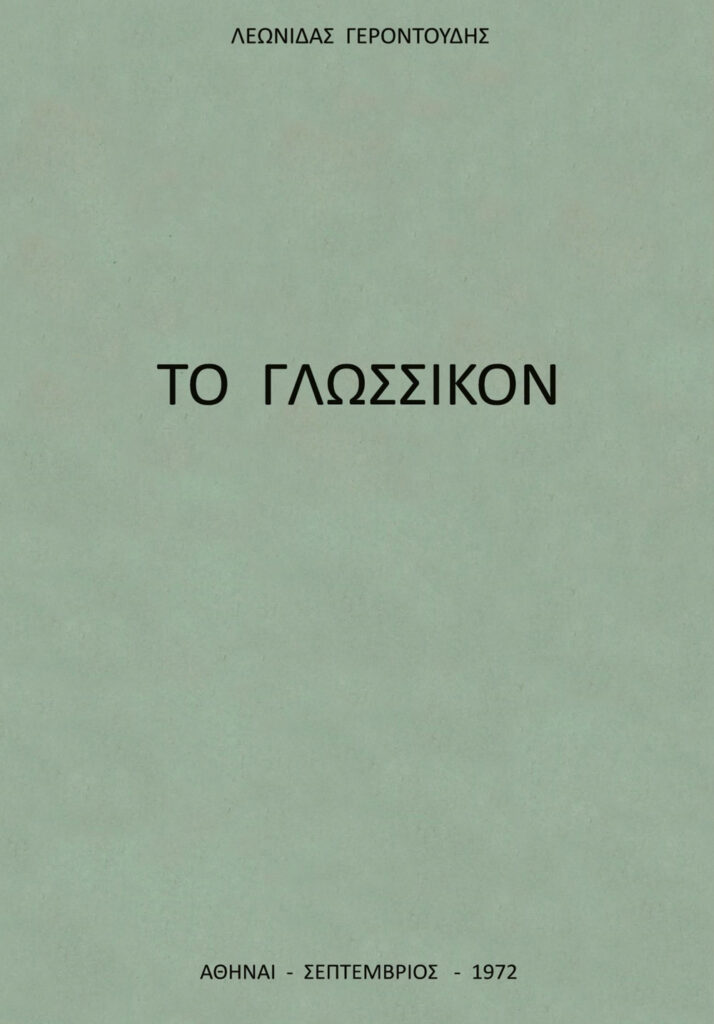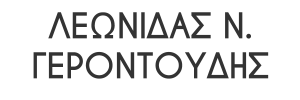THE GLOSSIKON

In February 1822, the famous National Great Greek Scholar and Teacher, “Adamantios Korais”, to whom none of the current Greeks, who support the unrefined, slangy and vulgar Greek language, can be compared, decided to say the following about the language that should be introduced in Greece, after the liberation from the Turks:
“It is impossible to return to our ancient language, no matter how much we would like to. However, it is possible to embellish the corrupt and vulgar language used by the Greeks (before the revolution against the Turks). That is why the scholars of the Greek Nation must choose the middle way. The common idiom “Katharevousa” (the Purified Greek Language) is not negligible, as some morons believe”.
Thus, the wisest and most linguistic late Adamantios Korais, decided, regarding the language that Greece should introduce after the 1821 Greek revolution.
That is why he drew the wrath of those who supported the introduction of the ancient Greek language (whom he used to call “morons”).
But after a while, his wise advice was accepted by all and under his inspired guidance, the “Katharevousa” became the official language of the Greek Nation.
No conscientious, bona fide and rational Greek can deny that the darkness of ignorance, that is, the confusion of the innumerable dialects (caused by illiteracy under the Turkish yoke), was first dissolved by the use of the Archaic Greek language (before 1750 AD) and then by the “Katharevousa”.
Also, thanks to the “Katharevousa”, the assimilation of dialects is achieved daily, which, as it evolves, will soon be formed into a single “Katharevousa” that everyone will speak.
All the politicians of Greece spoke in «Katharevousa» and many of them left meaningful books. Unfortunately, the opponents of the «Katharevousa», before starting their relentless fight against it, did not feel the obligation to study the writings of the politicians.
Many hundreds of names of Greek intellectuals and politicians, who have used and continue to use the “Katharevousa”, are mentioned in the pages of this book.
Leonidas Gerondoudis
Athens, 1972
